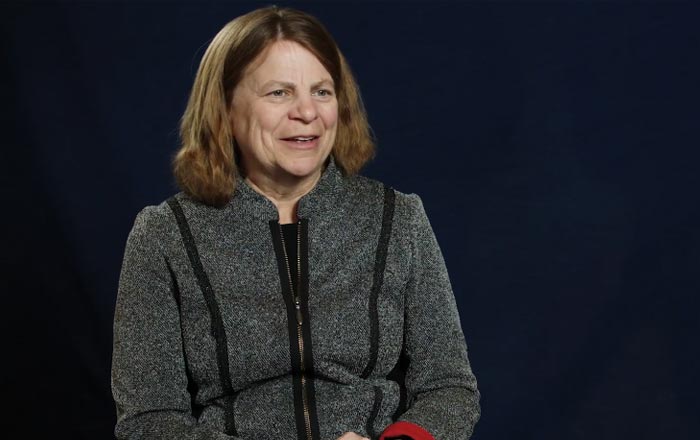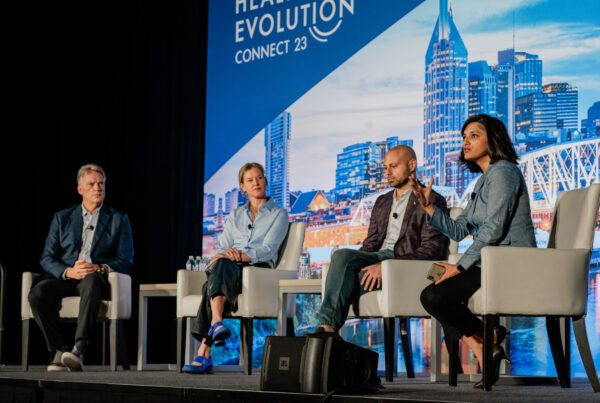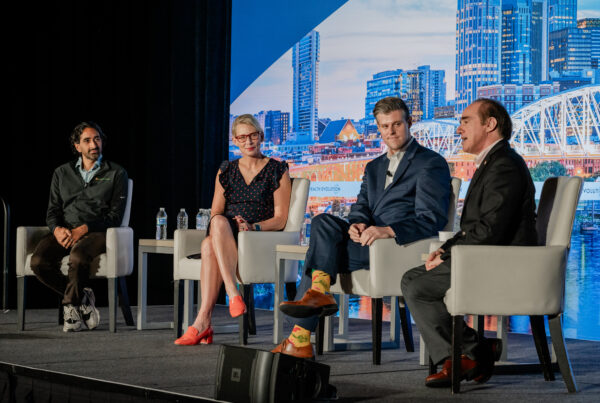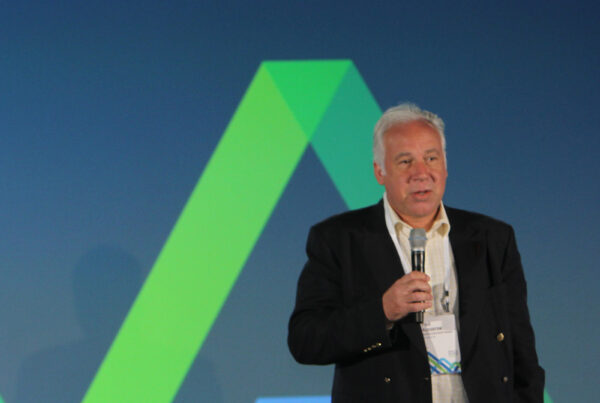The connection between social factors and the cost of healthcare has been well-established. Food insecurity, unstable housing and social isolation are clear obstacles to delivering care efficiently for many patients.Healthcare systems can’t solve all of society’s needs but some relatively straightforward solutions are having a positive impact.
Penny Wheeler, CEO of Allina Health System, spoke at the April 2018 Health Evolution Summit about a successful program in a video interview titled “The Power of Social Determinants of Health.” Allina is a not-for-profit system based in Minneapolis operating 12 hospitals and more than 90 clinics.
With the help of a grant from the CMS Accountable Health Communities Model program, Allina Health implemented a program designed to see if bridging the gap between clinical and community service providers can improve the health of patients and reduce the cost of care.
As part of the program, patients are asked a series of questions designed to identify issues that may be affecting their care outside of their physical ailments. “We are inquiring about violence in the home, food insecurity, housing needs, transportation needs, utility needs,” Wheeler said.
When the program was launched, the care providers were reluctant to ask these questions. This new tasks didn’t fit in their workflow and the conversations can be difficult.But after working through the issues, the results of the survey were very telling. They revealed that 40 percent of the people in Allina’s system had unmet needs.
To identify ways that the health system could make a difference, Allina implemented the app NowPow. The software provides a connection to community resources in a directory maintained by NowPow. Using filters, the software’s algorithm is designed to identify the best resources for the individual patient’s situation.
Wheeler shared the story of a boy with cystic fibrosis who was helped by the program. The mother was having difficulty getting her son to appointments. With the help of the survey, the staff learned that the woman’s car had broken down and she didn’t have enough money to fix it. She was working three jobs and didn’t have enough to keep food in the house. The NowPow app helped connect her to community resources.
“She got in touch with a food shelf and now they have food on the table. She’s getting her kids to the appointments that they critically need, and she said,‘You took us from the bottom to being on top,’” Wheeler said.
The early concerns that caregivers had about workflow issues and the difficult conversations were overcome by the success they witnessed.
“This has been so meaningful. They can see the power and what it means to [people’s] lives that they’ve actually kept it going,” she said. “And, this connected themnot only to who and what they were serving but allowed them to do it in a much more profound and holistic way.”
A number of caregivers who were involved in the pilot have become ambassadors for the initiative throughout the Allina Health system.
Wheeler said one of the factors behind the enthusiastic response is an understanding the program could help increase the system’s margins and make it possible to invest more in providing care.
Alina Health is one of 32 organizations selected for participation in CMS’s Accountable Health Communities program. You can learn more about the program at https://innovation.cms.gov/initiatives/ahcm/










